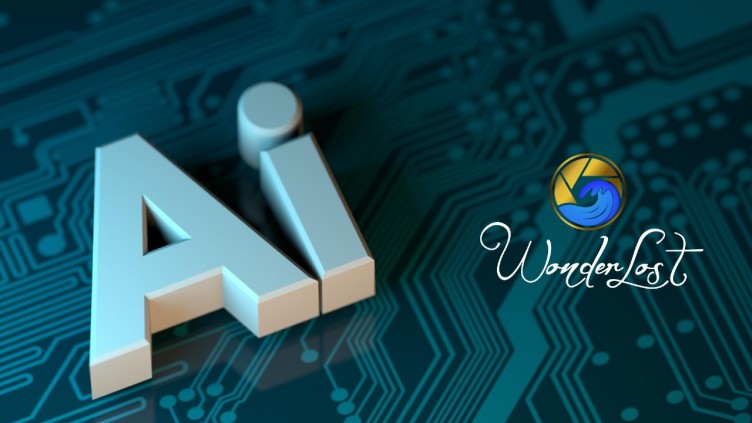Introduction
Artificial Intelligence (AI) has come a long way since its inception as a concept in science fiction novels and movies. What was once merely a futuristic idea has evolved into a groundbreaking technology that is now deeply integrated into our daily lives. In this blog, we will trace the fascinating journey of AI, from its early origins to its current state, and explore its potential impact on the future.
The Birth of AI: Early Beginnings
The seeds of AI were sown in the 1950s, with the development of the first AI program, “Logic Theorist,” which proved mathematical theorems. This marked the beginning of AI research, with pioneers like Alan Turing and John McCarthy laying the foundation for what was to come.
The AI Winter: Challenges and Setbacks
In the 1970s and ’80s, AI research faced significant challenges and setbacks, leading to what was known as the “AI winter.” Progress stagnated due to limited computing power and unrealistic expectations. However, research continued in the background, waiting for the right moment to resurge.
Expert Systems and Narrow AI
In the 1990s, AI experienced a resurgence with the development of expert systems and narrow AI applications. Expert systems were designed to mimic human expertise in specific domains, and narrow AI focused on solving specialized tasks, such as speech recognition and game-playing.
Machine Learning and Big Data
The early 2000s saw a significant breakthrough in AI with the advent of machine learning algorithms and the availability of vast amounts of data. Machine learning allowed AI systems to improve their performance over time through exposure to data, leading to more accurate predictions and decision-making.
Deep Learning: Revolutionizing AI
Deep Learning, a subset of machine learning, gained prominence in the 2010s. Enabled by powerful computational resources, deep learning algorithms demonstrated remarkable success in various domains, including image recognition, natural language processing, and autonomous vehicles.
AI in Everyday Life
Today, AI has become an integral part of our daily lives, often without us realizing it. Virtual assistants like Siri and Alexa, personalized recommendations on streaming platforms, and fraud detection algorithms in financial services are just a few examples of AI’s pervasive presence.
AI in Industries
AI’s impact extends beyond consumer applications. Industries such as healthcare, finance, manufacturing, and transportation are leveraging AI to optimize processes, improve accuracy, and make data-driven decisions. AI-powered robots are transforming manufacturing and warehousing operations, while AI-driven diagnostics are enhancing medical outcomes.
Ethical and Societal Challenges
With AI’s rapid advancements, concerns around ethics, bias, and privacy have surfaced. Ensuring that AI systems are developed and used responsibly has become a critical priority for researchers, policymakers, and businesses alike.
The Future of AI
As AI continues to evolve, researchers are exploring areas like General AI (AGI) – a form of AI that exhibits human-like cognitive abilities – and addressing the challenges of interpretability and explainability. The future promises exciting opportunities and challenges as AI continues to shape various aspects of our lives.
Conclusion
The evolution of AI from a concept in science fiction to a reality that permeates our daily lives is a testament to human ingenuity and technological progress. As AI technology continues to advance, the responsibility lies with society to steer its development in a direction that benefits humanity. By fostering collaboration between researchers, industry experts, policymakers, and the general public, we can ensure that AI remains a force for good, enhancing our lives and driving positive change in the world.


